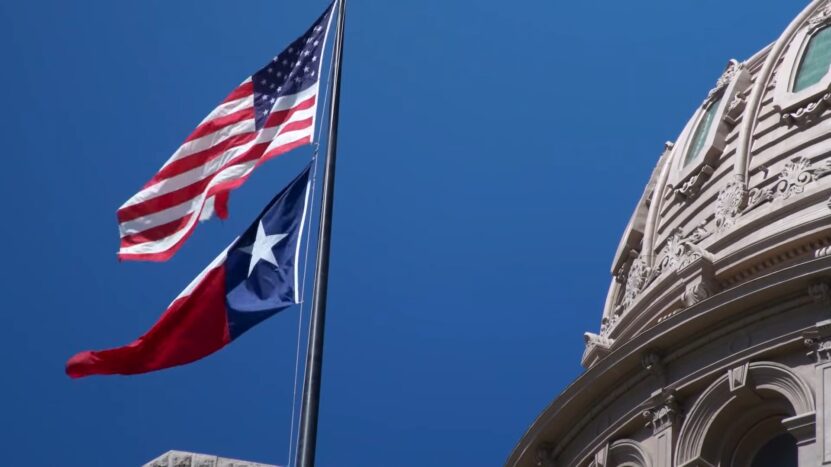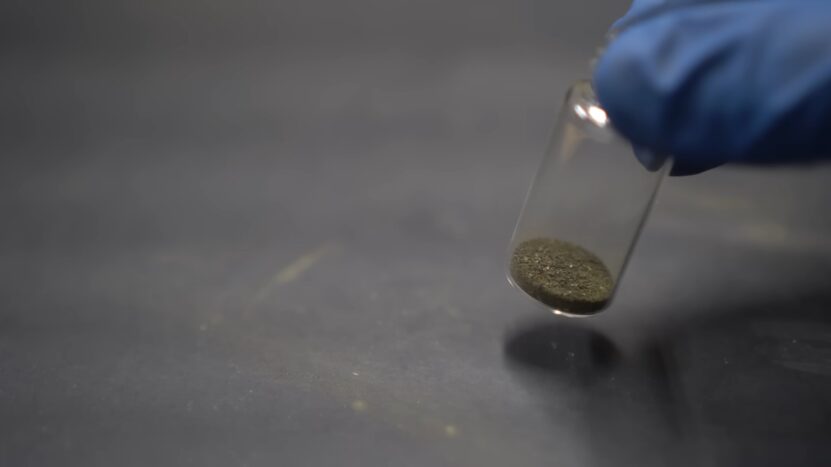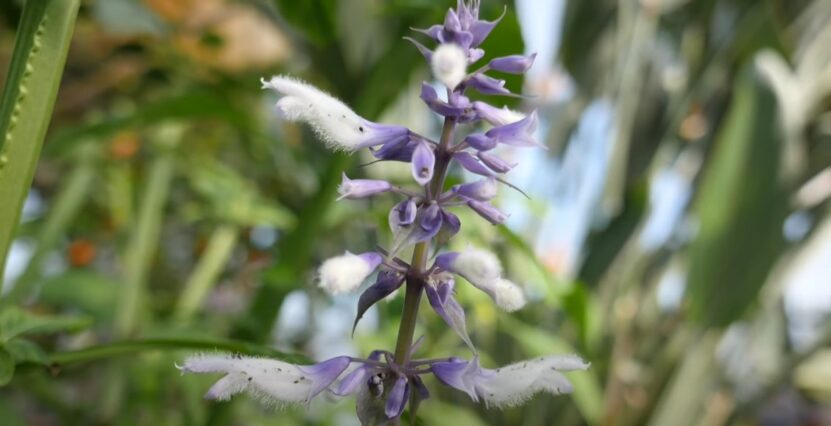Salvia divinorum, commonly known as salvia or magic mint, is a plant native to the Sierra Mazateca region of Mexico. It has been used traditionally by the Mazatec people for spiritual and medicinal purposes.
In recent years, it has gained popularity in the United States and other parts of the world for its psychoactive properties. However, the legal status of salvia varies widely from state to state.
In this blog post, we will delve into the legal status of salvia in Texas. We will explore the history of its legislation, the current laws, and the potential implications for users and sellers. This post is intended to provide a comprehensive overview of the topic, but it should not be used as legal advice.
The History of Legislation

The Early Days
Salvia divinorum was relatively unknown to the wider world until the late 20th century. Its use was confined to the Mazatec people, who used it for spiritual and healing rituals. It wasn’t until the 1990s that magic mint began to gain attention in the United States.
The first wave of legislation against salvia came in the mid-2000s. Several states, alarmed by reports of its psychoactive effects, began to pass laws restricting its sale and use. However, these laws varied widely in their severity and scope.
Texas Joins In
In 2001, Texas became one of the first states to regulate salvia. The state passed a law making it illegal to manufacture, deliver, or possess the herb. This law, however, did not make it illegal to use the plant for its intended purpose.
The Texas law was relatively lenient compared to those in other states. It classified salvia as a “Penalty Group 3” substance, which meant that possession of small amounts was a misdemeanor, not a felony.
The Current Situation
As of 2023, the legal status of salvia in Texas remains unchanged. It is still classified as a Penalty Group 3 substance, and it is illegal to manufacture, deliver, or possess it. However, the law does not explicitly prohibit its use.
The Legal Implications

For Users
If you find yourself apprehended with salvia in Texas, you may be subject to a variety of penalties. For minor quantities (less than 28 grams), you could be prosecuted with a Class A misdemeanor, which can lead to a maximum penalty of one year in jail, a $4,000 fine, or both. In some cases, you might also be placed on probation instead of serving jail time.
For larger quantities, the penalties escalate. Being caught with 28-200 grams of salvia is considered a third-degree felony, punishable by 2-10 years in prison and a fine of up to $10,000. In certain circumstances, parole may be granted after a portion of the prison sentence is served.
If you are found in possession of more than 200 grams, it is classified as a second-degree felony, with a potential sentence of 2-20 years and a fine of up to $10,000. In this case, the possibility of parole or probation becomes more complex and is typically determined by various factors, including prior convictions and the specifics of the case.
For Sellers
The penalties for selling salvia in Texas are even more severe. Selling any amount is a second-degree felony, punishable by 2-20 years in prison and a fine of up to $10,000. If you sell to a minor, or within 1,000 feet of a school or youth center, the charges increase to a first-degree felony, with a potential sentence of 5-99 years and a fine of up to $10,000.
For Online Retailers
Online retailers based in Texas are also subject to these laws. Even if they are selling to customers in states where salvia is legal, they could still be prosecuted under Texas law. This has led many online retailers to stop selling the herb altogether or to move their operations to states with more lenient laws.
The Debate Over Salvia

The Case for Legalization
Proponents of salvia legalization argue that the plant has potential medicinal benefits. Some preliminary research suggests that the herb could be used to treat conditions like addiction, depression, and Alzheimer’s disease. However, more research is needed to confirm these findings.
They also argue that the current laws are overly harsh and disproportionate to the risks posed by salvia. They point out that it is less addictive and less harmful than many legal substances, like alcohol and tobacco.
The Case Against Legalization
Opponents of salvia legalization argue that the plant poses a public health risk. They point to reports of people experiencing intense hallucinations, panic attacks, and other adverse effects after using the herb. They also argue that the plant could be a gateway to more dangerous drugs.
They also argue that the current laws are necessary to prevent the spread of salvia use, especially among young people. They point to surveys showing that the herb’s use is on the rise among high school students, and argue that this trend could be reversed with stricter laws.
The Legal Perspective
The Future of the Legislation

Potential Changes
However, any changes to the law will likely be met with resistance. Concerns about public safety, the potential for abuse, and the lack of comprehensive research into the effects of salvia use could all serve as barriers to legalization.
The Role of Research
The research will play a crucial role in shaping the future of salvia legislation. As we learn more about the effects of the herb, both positive and negative, we will be better equipped to make informed decisions about its legal status.- Studies into the potential therapeutic uses of salvia could provide a strong argument for legalization. If the herb is found to be effective in treating conditions like addiction or depression, it could be reclassified as a prescription medication.
- On the other hand, research into the potential harms of salvia use could strengthen the case for keeping it illegal. If it is found to have serious long-term health effects or to be highly addictive, this could justify its continued prohibition.
The Importance of Advocacy
Advocacy will also be key in shaping the future of salvia legislation. Those who believe in the benefits of the herb, or who oppose its criminalization, will need to make their voices heard. This could involve lobbying lawmakers, participating in public debates, or raising awareness through education and outreach.
The Global Context

Legislation Around the World
The legal status of salvia varies widely around the world. In some countries, like Australia and Denmark, its use is completely illegal. In others, like Canada and the United Kingdom, it is legal but regulated. And in some countries, like Mexico and Brazil, it is completely legal and unregulated.
This global diversity in salvia legislation provides a wealth of data for policymakers. By studying the effects of different laws on its use and abuse, we can gain insights into what works and what doesn’t.
Lessons from Other Countries
There are valuable lessons to be learned from other countries experiences with salvia legislation. For example, in countries where it is legal and regulated, there have been fewer reports of abuse and adverse effects than in countries where it is completely illegal. This suggests that regulation, rather than prohibition, maybe the most effective approach.
On the other hand, in countries where salvia is completely legal and unregulated, there have been reports of widespread use and abuse, especially among young people. This suggests that some level of regulation may be necessary to prevent misuse.
Conclusion
The legal status of salvia in Texas is clear: it is illegal to manufacture, deliver, or possess the plant. However, the debate over whether this should change is far from settled. As our understanding of the herb and its potential benefits and risks continues to evolve, so too will the laws surrounding it.
In the meantime, it is important for users and sellers to be aware of the current laws and the potential penalties for violating them. Ignorance of the law is not a defense, and the consequences for breaking these laws can be severe.
Remember, this blog post is intended to provide a general overview of the topic, and should not be used as legal advice. If you have specific questions about the legal status of salvia in Texas, or if you are facing charges related to the herb, you should consult with a qualified attorney.

